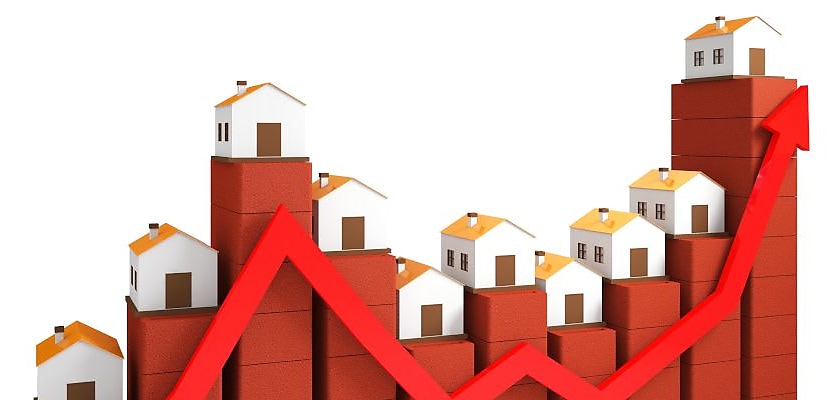New research has found that first home buyers are making a return to the market, probably as a result of recent changes to the stamp duty requirements in states like New South Wales and Victoria.
The CoreLogic Property Pulse for October found that, in August, there were 10,227 owner-occupier first home buyer finance commitments, the greatest number since December 2009. It represented 17.2 per cent of all owner-occupier housing finance commitments, which is the highest proportion since July 2013.
Research analyst Cameron Kusher said that these figures show that the stamp duty changes have already had a positive impact in stimulating the first home buyer market.
“The data highlights that stamp duty is one of the key barriers for first home buyers wanting to participate in the housing market, at least in NSW and Vic,” the research analyst said.
“The changes, effective from 1 July, mean that first home buyers purchasing properties below $650,000 in NSW and below $600,000 in Vic do not have to pay stamp duty.
“In NSW, stamp duty concessions are available up to a purchase price of $800,000 for first home buyers; and in Vic, concessions are available up to a purchase price of $750,000. Between June and August, the number of owner-occupier first home buyer housing finance commitments has increased by 59 per cent in NSW and 34 per cent in Vic.”
Mr Kusher also made the point that outside of NSW and Vic, first home buyers generally represent larger proportions of the owner-occupier segment.
He said: “First home buyer activity has also increased of late in WA and NT, two markets where values have been falling for some time which could be creating opportunities for first time buyers previously unable to enter the market.
“Queensland and the ACT have also seen upticks in first home buyer demand of late which is occurring at the same time as moderately rising prices.”
Mr Kusher said that he expected first home buyer activity to continue to increase, driven by NSW and Victoria.
Here is the state-based first home buyer activity to August 2017, according to the CoreLogic Property Pulse as of 19 October.
New South Wales
As many as 2,426 first home buyer commitments in August represented the greatest monthly number since January 2012. First home buyers accounted for 12.9 per cent of owner-occupier commitments over the month, which was the highest proportion since October 2012.
Victoria
There were 3,162 first home buyer commitments in Vic, accounting for 18.3 per cent of all owner-occupier commitments, the greatest number since December 2009.
Queensland
The number of first home buyer finance commitments in August 2017 (2,190) was higher than the previous month but lower than the number in June. The number of commitments in August was 17.9 per cent higher than its long-term average.
South Australia
There were 490 first home buyer finance commitments, which is higher over the month but 17.7 per cent lower than the state’s long-term average. First home buyers accounted for 12.7 per cent of all housing finance commitments.
Western Australia
First home buyer commitments of 1,589 accounted for 26.2 per cent of all owner-occupier housing finance commitments. This is the greatest number since June 2015, and 17.7 per cent higher than the long-term average.
Tasmania
There were 129 first home buyer finance commitments in Tas in August 2017, 22.3 per cent lower than the state’s long-term average. First home buyers accounted for 12.3 per cent of total owner-occupier housing finance commitments for the state, which was the lowest proportion for all states and territories.
Northern Territory
There were 60 first home buyer finance commitments, which accounted for 20.5 per cent of total owner-occupier housing finance commitments over the month. The 60 commitments over the month were 28.6 per cent lower than the long-term average of 84 commitments a month.
Australian Capital Territory
There were 231 first home buyer finance commitments in August, which was 47.7 per cent higher than the long-term average.









You are not authorised to post comments.
Comments will undergo moderation before they get published.